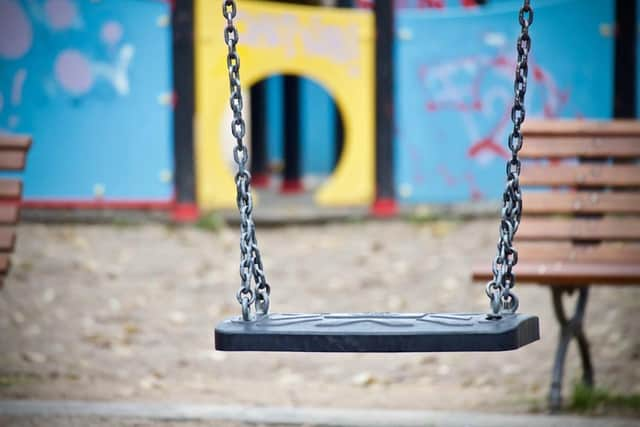Complaint made to council after Covid marshals photographed children playing in park
The complaint was made by an unknown man, named Mr X in the documents, to the Local Government and Social Care Ombudsman.
Mr X claimed that Covid-19 marshals employed by the council to enforce social distancing rules, photographed children playing in a park without the consent of their parents.
Advertisement
Hide AdAdvertisement
Hide AdThe photos were of his own child and two other children, who Mr X said were “vulnerable”, and alleged that the marshal’s actions “placed them in danger”.


Mr X says he demanded the marshals stop taking photographs, and alleges that the the council “tried to threaten and coerce him to withdraw his complaint” and he was threatened with a fine.
In response to the complaint, the Ombudsman states that BMBC found “there was no attempt to persuade Mr X to withdraw his complaint”, and “marshals had taken photographs, but there is no law to prevent this”.
The Ombudsman’s findings add: “The marshals gave their first names, displayed their ID cards, and were wearing clothes which identified them as COVID marshals.
Advertisement
Hide AdAdvertisement
Hide Ad“[Barnsley Council] had taken accounts from the marshals who felt Mr X’s behaviour was intimidating. This led to the marshals radioing for help.”
“Mr X had refused to provide further information. This included a lawful reason for being in the park. The instructions at the time were not to leave home or be outside your home except where there was a reasonable excuse to do so.
“Because of Mr X’s complaint, marshals would be reminded to turn their body worn cameras on during any incident when they felt threatened by a member of the public.”
The ombudsman decided not to investigate the complaint, as there is “not enough evidence the matter complained about caused him [Mr X] significant personal injustice,” and it was “unlikely” they could add anything to the council’s response.
